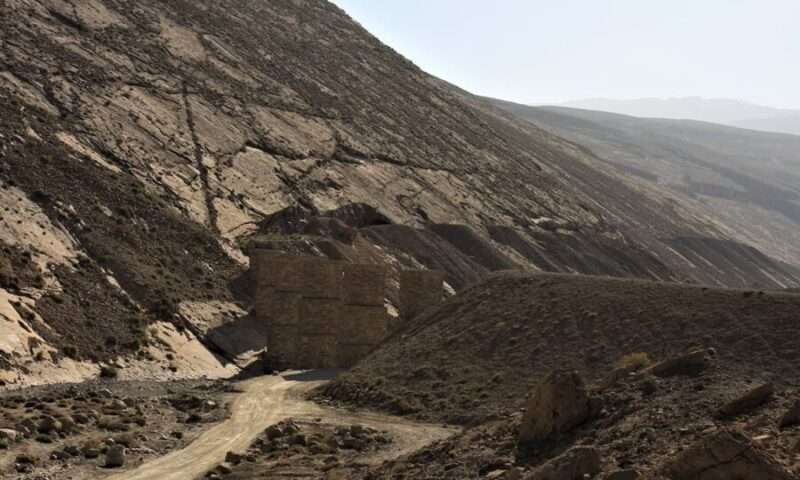A Historical Legacy Worth Preserving
The Quetta Zhob railway track is not just a relic of the past; it’s a vital part of Pakistan’s historical legacy. Built during the British colonial era, it is a testament to human engineering and determination. Over 1400 kilometers of railway lines were painstakingly laid in the challenging terrain of Balochistan, featuring 30 tunnels and more than 800 bridges, all without the luxury of modern technology.
The railway system in Balochistan was initiated on October 16, 1879, marking an era where hardworking engineers and laborers displayed incredible resourcefulness and dedication. These railway tracks have withstood the test of time, emerging as marvels of beauty and durability.
Economic Benefits and Safety Implications of Restoration
The Quetta Zhob railway track’s closure had far-reaching consequences. Its restoration would have translated into significant economic benefits.
The railway system offers numerous advantages, such as fuel savings, efficient cargo delivery, and enhanced passenger travel. The loss of this railway track has resulted in a surge in accidents and fatalities on the National Highways, particularly on the Punjab route from Zhob via Dera Ismail Khan to Peshawar and from Dera Ismail Khan to Chashma.
The accidents on these roads are not merely unfortunate occurrences; they represent a stark reminder of the importance of a reliable railway network. Railway tracks are safer, more reliable, and less susceptible to traffic congestion compared to road transport. The revival of the Quetta Zhob railway track would have significantly contributed to mitigating accidents and saving lives.
Balochistan’s Engineering Marvel: The Railway System
Balochistan, a province known for its diverse terrain of mountains, deserts, and plains, boasts a railway legacy that dates back to the British colonial era. The Quetta Zhob railway track, extending over 300 kilometers from Zhob to Bustan, held immense importance in connecting Quetta, the capital of Balochistan, to Zhob and neighboring areas, including the Dera Ismail Khan district of Khyber Pakhtunkhwa (KP).
This railway track played a pivotal role in the transportation of passengers and goods, and its closure had far-reaching consequences. The sale of the Quetta Zhob railway track for a nominal amount and branding it as “junk” is a grievous oversight of its historical and economic significance. Rather than preserving a vital piece of infrastructure that could have been rejuvenated, it has been carelessly discarded.
The Urgent Need for Recognizing Significance and Revival
The railway system in Pakistan has long been a symbol of connectivity, economic progress, and historical significance. Among the many railway tracks that crisscross the country, the Quetta Zhob railway track stood as a testament to the country’s rich heritage and its importance in connecting regions that were otherwise isolated.
The recent sale of this railway track for a mere 300 million rupees, under the pretense of it being junk, has raised eyebrows and sparked outrage among those who understand its historical, economic, and social significance.
As the Quetta Zhob railway track remains in the shadows of neglect, it is crucial for the government and relevant authorities to recognize its significance and work towards its revival. This railway track, with its historical significance and potential economic benefits, should have been preserved and restored, rather than hastily sold off as junk.
The railway system in Balochistan, a testament to human engineering and determination, remains a source of pride and a symbol of progress.
The tragic sale of the Quetta Zhob railway track serves as a cautionary tale of the consequences of neglecting vital infrastructure. To rectify this situation, there is an urgent need to restore the railway track from Quetta to Zhob via Kuchlag, Bustan, Khanuzai, and beyond.
This restoration would not only bring back an essential mode of transportation but also contribute to the economic development of the region and improve the safety of its residents. Balochistan, like the rest of Pakistan, has much to gain from a society where the potential of its youth is harnessed for the betterment of the province and the nation.


